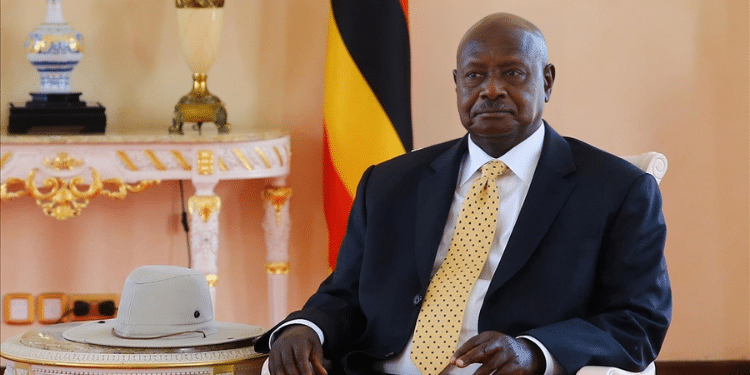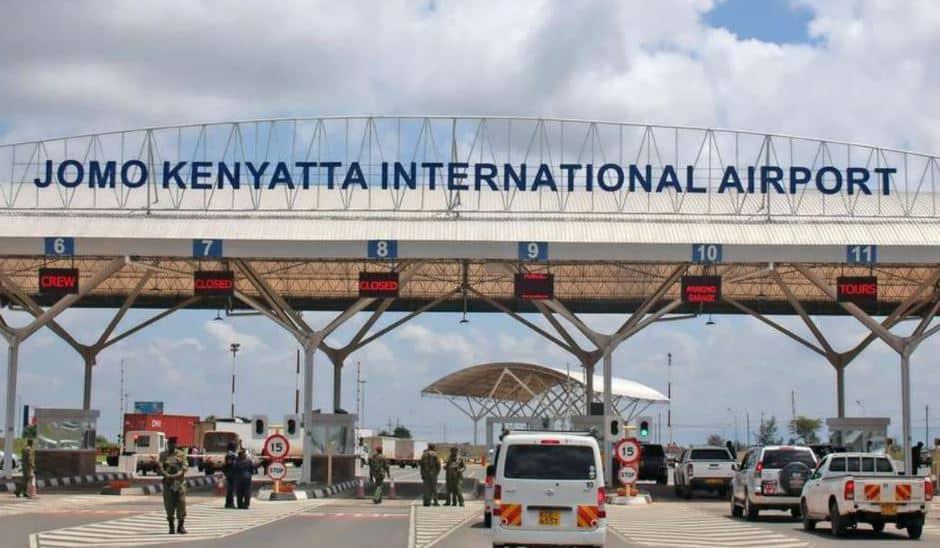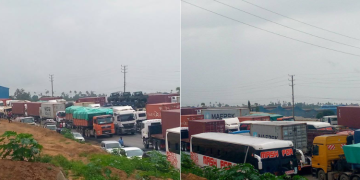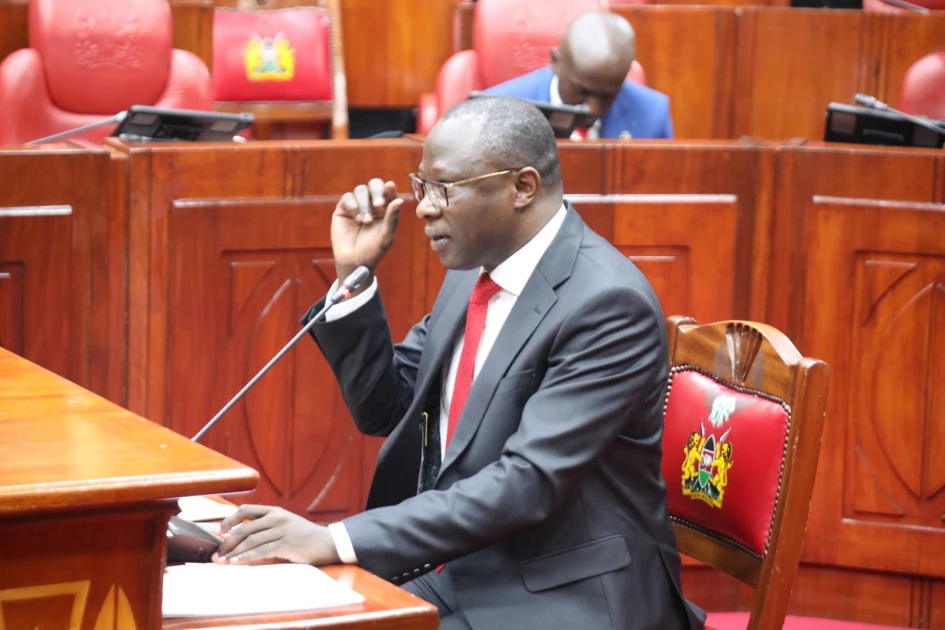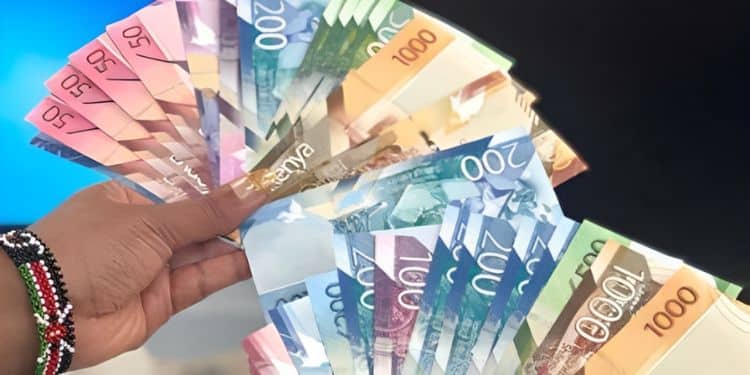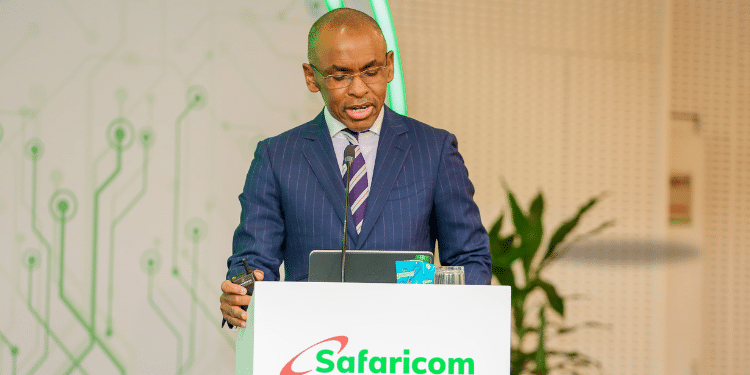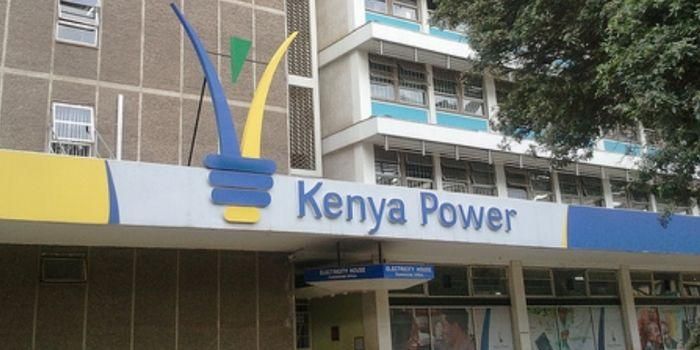Kenyans could soon see a hike in their electricity costs if a new levy proposed by the National Assembly’s Energy Committee is approved.
The committee is pushing for the Street Lighting Infrastructural Support Levy (SLISL), which aims to fund street lighting projects nationwide.
If the proposal passes, the levy will be introduced within six months.
This move comes as the Kenya Power and Lighting Company (KPLC) grapples with unpaid street lighting bills totalling Ksh808.6 million, as disclosed in its 2024 annual report.
“Within six months of the adoption of this report, EPRA institutes a review of the pass-through costs to introduce a street lighting infrastructural support levy (SLISL) as a minimal pass-through cost in electricity bills across all consumer categories,” stated the committee.

Also Read: How to Trade Extra Power for Token Discounts with KPLC
Arguments Made by MPs over the Electricity Price Increase
According to the lawmakers, the levy will ease KPLC’s financial strain, enabling the utility company to focus on improving its services.
Consequently, the Energy and Petroleum Regulatory Authority (EPRA) has been tasked with reviewing current electricity billing structures to integrate SLISL as a “minimal pass-through cost” applicable to all consumers.
Although the MPs described the levy as small, it adds another financial burden for already struggling Kenyan households.
“It (SLISL) would be specifically allocated to fund the street lighting projects to guarantee the sustainability of the viral programme and reduce the financial burden in Kenya Power,” added the MPs.
Also Read: Explainer: Why KPLC Customers Get Different Tokens for Same Amount
How to Get Token Discounts
However, Kenyans are able to enjoy cheaper tokens by selling their excess power to Kenya Power.
The Energy (Net-Metering) Regulations, 2024, which was gazetted in June 2024 allows individuals under the metering system who generate their electricity and are also connected to the national power grid to sell their surplus power.
A net-metered system involves installing renewable energy sources, such as solar panels or wind turbines, at a home or business.
Kenyans can trade the extra electricity produced from renewable energy sources by depositing it into the national grid instead of investing in expensive battery storage systems.
Follow our WhatsApp Channel and join our WhatsApp Group for real-time news updates.


